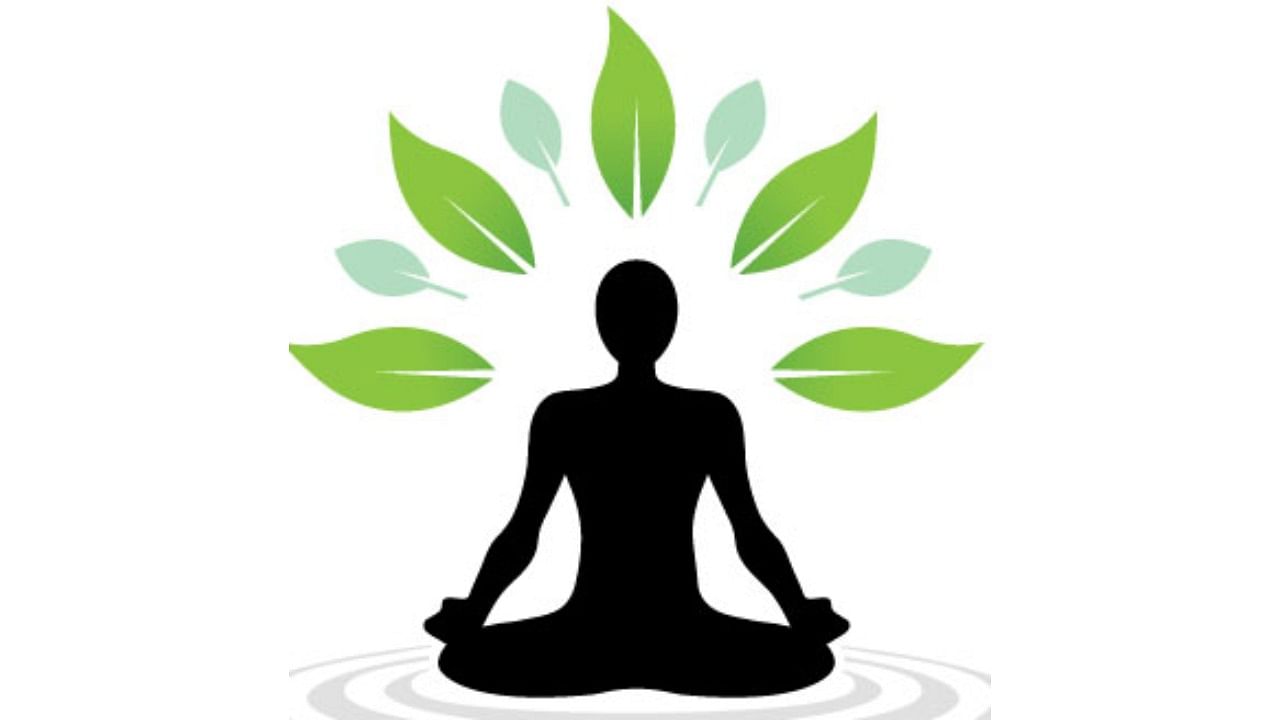
Credit: DH Illustration
While speaking on the subject of faith, the Bhagavad Gita, in the Gnana Yoga chapter touches upon the human tendency of doubt. The Gita defines Shraddha, faith, as the willingness to accept the words of the learned masters and the authoritative works and scriptural guidelines that define a path for man to lead a life of righteousness.
Faith is the fundamental requirement for man in both the worldly and spiritual spheres of his life. When we consult a professional for advice, we have to repose faith in him while confiding our troubles for him to suggest a suitable remedy. If we start doubting his credentials and intentions, we further increase our worries.
As the illustrious sage Chandrashekara Bharati of Sringeri has said “when you ask a passerby on the road for directions, it means you are placing faith in a stranger’s words to reach your destination. If this is the case for such a simple matter, should you not have faith in the words of our great preceptors and the scriptures?” The Gita says “the foolish and ignorant man who has no faith has no peace and happiness either here in this world or in the other world after his passing.” He is not able to live in the moment, tormented as he is by his incessant nagging doubts on everyone and everything.In the philosophical context, the Gita says that doubts originate from the heart because of ignorance. Swami Chinmayananda says, “Heart does not mean the physical organ, but the origin of emotions like love, compassion, virtuous thoughts and so on.” When this heart is enmeshed in negative emotions like anger, greed, disrespect for morals and ethics, arrogance and pride, then at some point doubts arise concerning the vicissitudes of life. To get rid of these accretions, the Gita proffers the path of Yoga.
Yoga is not only about practicing bodily postures, but it means embarking on a life of sense control, doing one’s work with dedication and not eyeing only the rewards, as a service to society in a spirit of humility and dedication. The Gita says this is a ‘Yagna’, a lifelong practice, inseparable from the material existence. Gradually, the mind gets purified, making life more fulfilling and meaningful. Even ignoring the profundity of these words, men stand to gain much in their quotidian lives through these edifying tenets.